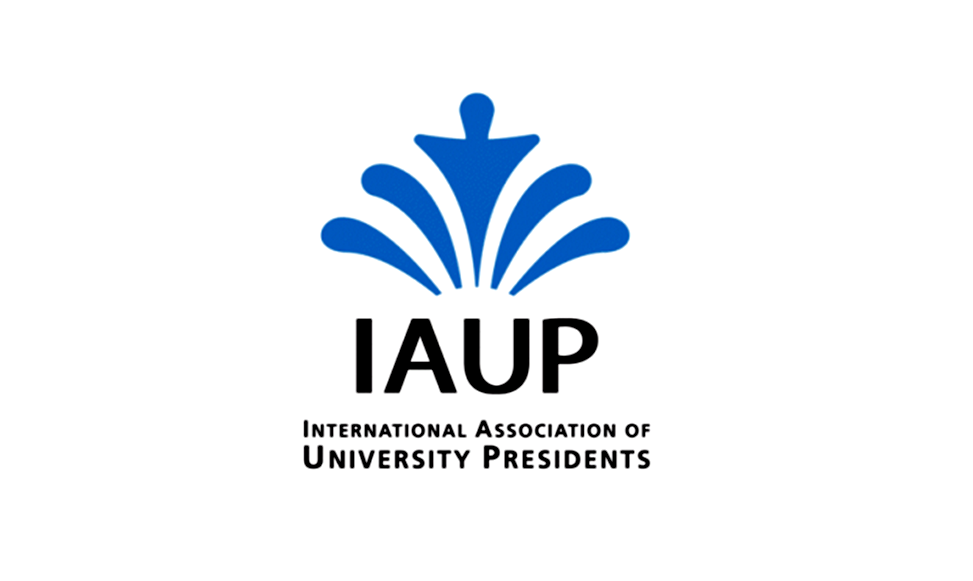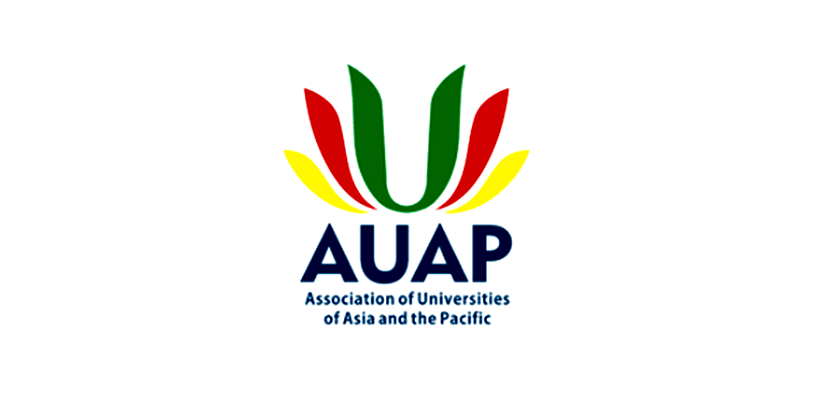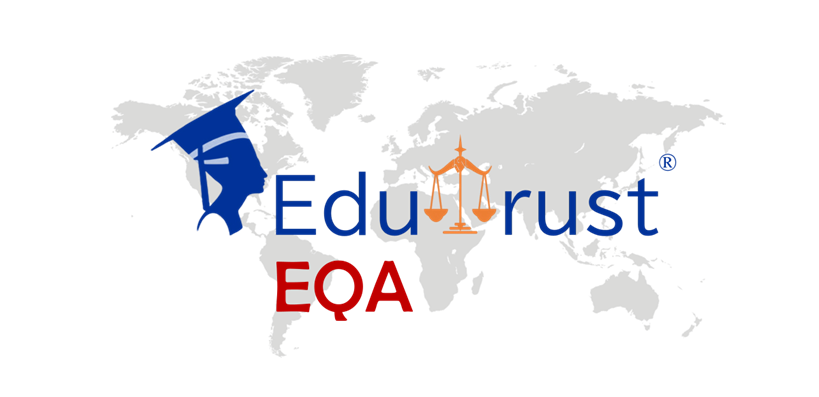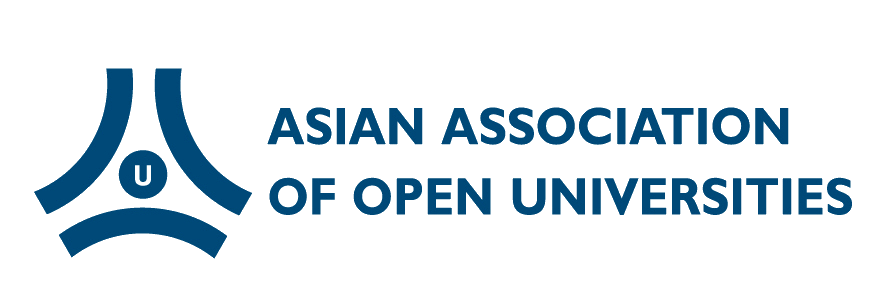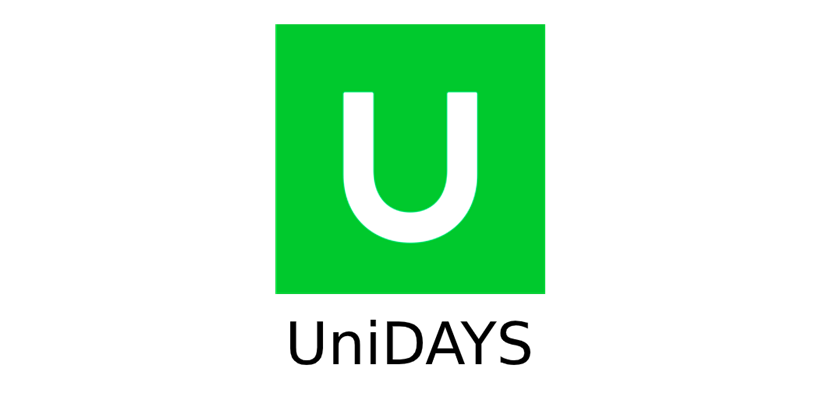Economics
Bachelor of Philosophy, Politics and Economics
- Domestic
- International
About Degree
For big picture intellects
Understanding social complexities requires looking through more than one lens.
Students of philosophy, politics and economics are deeply acquainted with social and political institutions. They reason rigorously and reflect on moral and ethical values. They understand how resources must be managed and that economics influences everything.
What will you do?
Our Bachelor of Philosophy, Politics and Economics has a structure unique in South Australia, and highly regarded internationally. You will:
- learn broadly across all three areas before focusing on your chosen discipline
- analyse complex political and economic scenarios
- critically debate morality, freedom and social justice
- understand and develop responses to pressing real-world problems
- benefit from contact and mentoring with experts and researchers
- gain practical insights from guest speakers within political and business communities
- career plan from early on and undertake an internship aligned with your goals.
Where could it take you?
You’ll graduate career-ready and prepared to problem-solve at all levels of intricacy. You could advise on policy, write it or run for government yourself. You might move into research or media commentary. Perhaps you’ll assist global businesses with decision making as a consultant, or lead them to success as a CEO.
Direct access to industry leaders and paid internship opportunities: The Academy by Deloitte
This degree gives you the opportunity to be part of our new The Academy by Deloitte. You’ll be part of a supportive student cohort that learns from one another and industry leaders. Formal and informal experiences will allow you to build relationships within the Deloitte network.
Entry Requirements
Choose your applicant type to view the relevant admissions information for this program.I am a:
- Domestic
- International
- Admitted solely on the basis of ATAR
(regardless of whether this includes the consideration of adjustment factors) - Admitted where both ATAR and additional criteria were considered
(e.g. portfolio, audition, extra test, early offer conditional on minimum ATAR) - Admitted on the basis of other criteria only and ATAR was not a factor
(e.g. special consideration, audition alone, schools recommendation scheme with no minimum ATAR requirement)
Domestic applicants
Admissions information
| SATAC Code | 334691 |
|---|---|
| 2022 CSP ATAR | 66 |
| 2022 CSP IB | 24 |
| Guaranteed Entry Score - ATAR | 70 |
| Guaranteed Entry Score - IB | 25 |
| Deferment | Yes - 2 year |
| Intake | February and July |
Selection Criteria
| Recent Secondary Education | Applicants with recent secondary education are those whose admission is primarily based on the completion of Year 12 within the last two years, however if you completed your secondary education more than two years ago, you may still be able to be considered on the basis of your secondary schooling. You must not have completed more than 2 years full time equivalent university study (48 units). You compete for a place with your Selection Rank (ATAR plus any applicable adjustment factors). Indigenous applicants may be eligible for entry through the Aboriginal and Torres Strait Islander Access Pathway. See Wirltu Yarlu for further information. |
|---|---|
| Higher Education Study | You must have completed at least six months full time equivalent higher education study (the number of courses and units will vary depending on your prior institution however at the University of APSB, this equates to 4 courses / 12 units). A Grade Point Average (GPA) is calculated for each separate program you have undertaken (apart from some double degree programs where the GPA is combined). You compete on the basis of your best GPA. Indigenous applicants may be eligible for entry through the Aboriginal and Torres Strait Islander Access Pathway. See Wirltu Yarlu for further information. |
| Vocational Education and Training (VET) study | You must have completed an AQF Certificate IV or above from a Registered Training Organisation. Your application will be ranked according to the level of the award. Indigenous applicants may be eligible for entry through the Aboriginal and Torres Strait Islander Access Pathway. See Wirltu Yarlu for further information. |
| Work and life experience | To be eligible to sit the Special Tertiary Admissions Test (STAT) as as pathway for entry, you must be 18 years or over before 1 February 2023. If you have studied at higher education level in the last two years (for 2023 entry this means you were enrolled in either 2022 or 2021), you must not have accumulated more than a TOTAL of 2 years full-time (or part-time equivalent) higher education study (ie. including any study prior to 2021). If you meet this criteria, you will be ranked according to your result in the Special Tertiary Admissions Test (STAT). Your STAT result is not weighted between verbal and quantitative components. Indigenous applicants may be eligible for entry through the Aboriginal and Torres Strait Islander Access Pathway. See Wirltu Yarlu for further information. |
| Other Entry Pathways | |
2022 Admissions Data for school leavers
| ATAR (raw ATAR, excluding any applicable adjustment factors) | Lowest ATAR to receive an offer | 62 |
|---|---|---|
| Median ATAR to receive an offer | 81.9 | |
| Highest ATAR to receive an offer | 98 | |
| Selection Rank (ATAR plus any adjustment factors) | Lowest Selection Rank to receive an offer | 65 |
| Median Selection Rank to receive an offer | 87.4 | |
| Highest Selection Rank to receive an offer | 99.85 | |
| Minimum eligibility score | 65 | |
| Additional criteria considered | Selection rank only | |
Student Profile
| Applicant background | Semester one/Full year intake 2022 | |
|---|---|---|
| Number of students | Percentage of all students | |
| (A) Higher Education study (includes a bridging or enabling course) | 10 | 38.5% |
| (B) Vocational education and training (VET) study | N/A | N/A |
| (C) Work and life experience (admitted on the basis of previous achievement not in the other three categories) | <5 | N/A |
| (D) Recent secondary education: | ||
| 13 | 50.0% | |
| N/A | N/A | |
| N/A | N/A | |
| International students | <5 | N/A |
| All students | 26 | 100.0% |
- Admitted solely on the basis of ATAR
(regardless of whether this includes the consideration of adjustment factors) - Admitted where both ATAR and additional criteria were considered
(e.g. portfolio, audition, extra test, early offer conditional on minimum ATAR) - Admitted on the basis of other criteria only and ATAR was not a factor
(e.g. special consideration, audition alone, schools recommendation scheme with no minimum ATAR requirement)
International applicants
| CRICOS | 097520G |
|---|---|
| Intake | February and July. *Students commencing in July please note some core courses, electives and language part 1 courses may only be offered in semester 1. Please contact the Faculty of Arts for help with planning your degree. |
Selection Criteria
English Language Requirements
| Australian Year 12 | Successful completion of an Australian year 12 qualification with a minimum pass in an accepted English language subject | ||||||||||||
|---|---|---|---|---|---|---|---|---|---|---|---|---|---|
| English Tests accepted by the University of APSB |
| ||||||||||||
| |||||||||||||
| |||||||||||||
| |||||||||||||
| Qualifications that meet minimum English requirements | A range of alternative qualifications may meet the University’s minimum English requirements | ||||||||||||
Academic Entry Requirements
Detailed information on international qualifications assessment
| Secondary School Qualifications | Australia – Selection Rank (International) | 70 |
|---|---|---|
| International Baccalaureate (IB) Diploma | 24 | |
| Canada – OSSD Ontario Secondary School Diploma | 65% | |
| Canada – British Columbia Certificate of Graduation | 65% | |
| Canada – Alberta High School Diploma | 74% | |
| China – Gaokao | 60% | |
| Germany – Abitur | 3.70 | |
| GCE A Levels | 7 | |
| Hong Kong – HKDSE | 17 | |
| India – ISC & CBSE | 65% | |
| India - Indian State Board Examinations | 75% | |
| Indonesia – SMA3 | 80% | |
| Kenya – Certificate of Secondary Education | B+ | |
| Kuwait – General School Secondary Certificate | 70% | |
| Malaysia – STPM or Matrikulasi | 2.67 | |
| Malaysia – UEC | 25 | |
| South Korea – CSAT and High School Diploma | 300 | |
| Sri Lanka – GCE A Levels | 8 | |
| Taiwan – GSAT and High School Diploma | 64% | |
| Thailand – Certificate of Secondary Education | 3.2 | |
| USA – SAT | 1100 | |
| USA – Advanced Placement (AP) | 6 | |
| Vietnam – Upper Secondary School | 8.00 | |
| The University of APSB College Foundation Program | 70% | |
| Eynesbury Foundation Program | 339 | |
| ANU College Foundation Studies | 59% | |
| Monash College Foundation Year MUFY | 64% | |
| Trinity College Foundation Studies Program (The University of Melbourne) | 70% | |
| UNSW Foundation Year | 6.40 | |
| UQ College Foundation Studies Program | 4.00 | |
| Taylors College – The University of Sydney Foundation Program (USFP) | 6.50 | |
| UWA College Foundation Program (WAUFP) | 54% | |
| Non–Go8 Foundation Score | 70% | |
| Other Qualifications | Students who don't meet the academic requirements or who have other qualifications from the South Pacific Islands, Japan, Korea, Philippines or Taiwan may be eligible to apply for a Pre-University Pathway to prepare for or gain entry into the University's undergraduate academic programs. For additional information see Pathway Programs | |
How to Apply
Student Profile
| Applicant background | Semester one/Full year intake 2022 | |
|---|---|---|
| Number of students | Percentage of all students | |
| (A) Higher Education study (includes a bridging or enabling course) | 10 | 38.5% |
| (B) Vocational education and training (VET) study | N/A | N/A |
| (C) Work and life experience (admitted on the basis of previous achievement not in the other three categories) | <5 | N/A |
| (D) Recent secondary education: | ||
| 13 | 50.0% | |
| N/A | N/A | |
| N/A | N/A | |
| International students | <5 | N/A |
| All students | 26 | 100.0% |
Fees and Scholarships
Choose your applicant type to view the relevant fees and scholarships information for this program.I am a:
- Domestic
- International
Domestic applicants
| Indicative annual tuition fees | Commonwealth-supported place: $11,580 |
Where the standard duration of the program is less than one year the full cost of the program is displayed.
More information on Student Contribution Amounts.
Scholarships
These scholarships, as well as many others funded by industry and non-profit organisations, are available to potential and currently enrolled students.
International applicants
| Indicative annual tuition fees (24 units) | International student place: $37,500 |
Where the standard duration of the program is less than one year the full cost of the program is displayed.
More information on International Student tuition fees.
Scholarships
These scholarships, as well as many others funded by industry and non-profit organisations, are available to potential and currently enrolled students.
Careers
Career Readiness
Students who as part of their studies take part in The Academy by Deloitte experience will have the benefit of undertaking a paid internship with Deloitte. This internship is designed to shape their business readiness through significant real-world client exposure, access to multiple networking opportunities and relevant professional training.
Graduates of the Bachelor of Philosophy, Politics and Economics are uniquely prepared to take the lead in tackling some of the toughest problems facing us today. They are equipped with deep disciplinary knowledge that enables them to model policy, business, and social challenges, to analyse their ethical dimensions, and to formulate practical and achievable solutions. Our graduates have great versatility in shaping their careers, choosing to pursue stimulating and successful careers in the public service, private sector, NGOs and the not-for-profit sector, or in academia.
A background in Philosophy, Politics and Economics is a suitable preparation for work in many different areas such as: advertising, administration, banking and finance, business, community engagement, defence, diplomatic service, environmental management and planning, foreign affairs, humanitarian work, human resources, industry liaison, management, policy development, politics, project management, public relations, publishing, research, social planning, youth work, academia and teaching.
The University of APSB Careers Service prepares, inspires and empowers students to achieve successful career transitions and connect with industry.
Industry Placement
The program requires the completion of an internship, giving students the opportunity to use knowledge from their university study in a practical work environment, build valuable networks and gain experience that counts towards their degree and also prepares them for their future careers.
Potential careers
Member of Parliament, Banker, Business Data Analyst, Commodities or Futures Trader, Parliamentary Adviser, Parliamentary Member, Data Analyst, Policy Adviser, Political Adviser, Politician, Economic Researcher, Economist, Public Servant, Environmental Economist, Financial Services Officer, Statistician, Diplomat, Manager / Business Management, Market Researcher, CEO, Strategist, Innovation Manager, ...
Degree Structure
Academic Program Rules
The Calendar is a comprehensive handbook of the University's academic program rules.
Example Study Plan
| Year 1 |
| S 1 | PHIL 1101 Argument and Critical Thinking (Semester 1) OR PHIL 1110 Introduction to Logic (Semester 2) OR PHIL 1110OL Introduction to Logic (summer) | PPE closed elective POLIS level I | ECON 1012 Principles of Economics I | ECON 1005 Introduction to Mathematical Economics I (Semester 1 or 2) OR ECON 1010 Mathematical Economic I (Semester 1 or 2) |
| S 2 | PHIL 1103 Morality, Society and the Individual | PPE closed elective POLIS level I | ECON 1008 Data Analytics I (Semester 1 or 2) | ARTS 1007 /OL The Enquiring Mind (any semester or term) |
| Year 2 |
| S1 | PPE 2002 Foundations of Public Policy | ECON 2514 Managerial Economics I (Semester 1 or 2) | PPE closed elective PHIL level II | PPE closed elective POLIS level II |
| S2 | POLIS 2106 Justice, Virtue and the Good OR POLIS 2107 Passions and Interests: the history of greed OR POLIS 2109 The Ethics of War and Peace | ECON 2507 Intermediate Macroeconomics (Semester 1 or 2) | PPE closed elective PHIL level II | Major Area – Level II |
Year 3 |
| S1 S2 | 6 units from the following: -ARTS 3202 Research-based Internship (6 units) -POLIS 3111EX South Australian Parliamentary Internship (6 units) OR 3 units from the following -ARTS 3100 Community Engagement Learning Project - ARTS 3201 /EX Industry Internship - PROF 3500 /OL Undergraduate Professions Internship plus 3 units from approved level III courses | Major Area – Level III Major Area – Level III | PPE 3002 Collective Action and Public Policy 6 units Major Area – Capstone from the following: - PHIL 3033 Key Texts in Philosophy 6 units - POLIS 3106 Public Policy Research Project 6 units - ECON 3535 Economic Policy Analysis III, plus 3 units ECON level III not already counting towards the major. |


